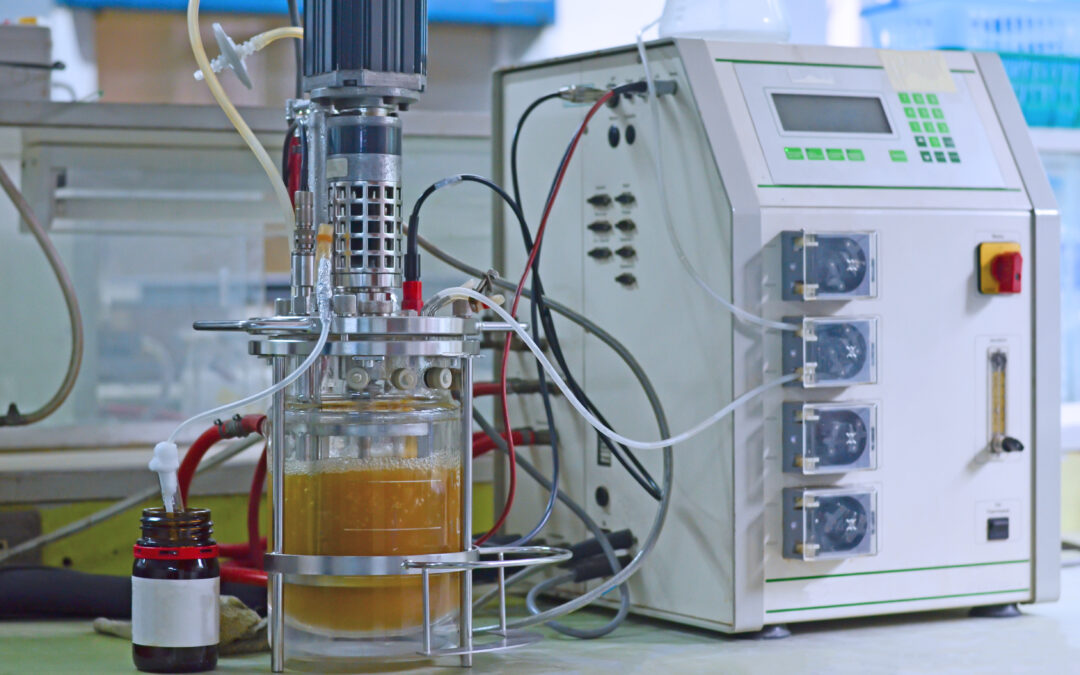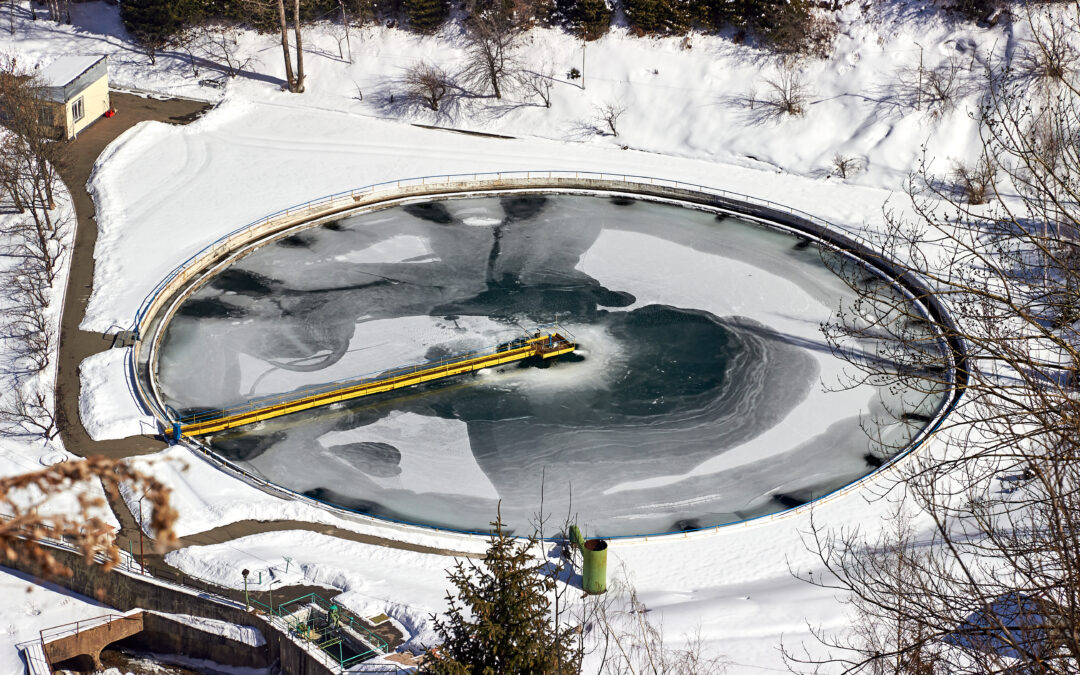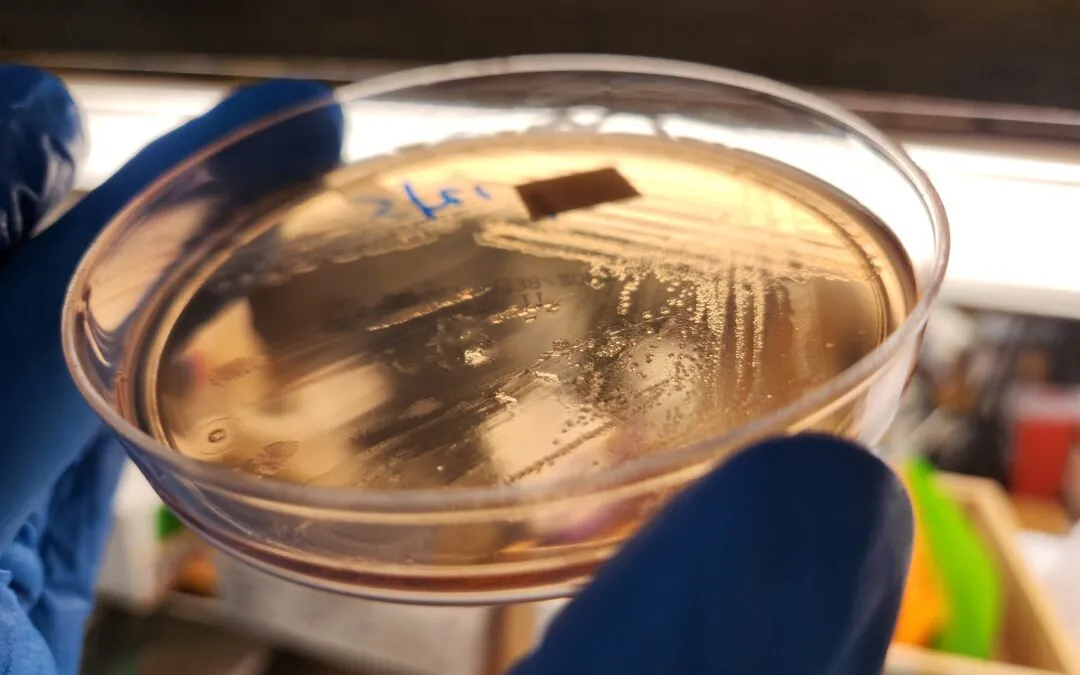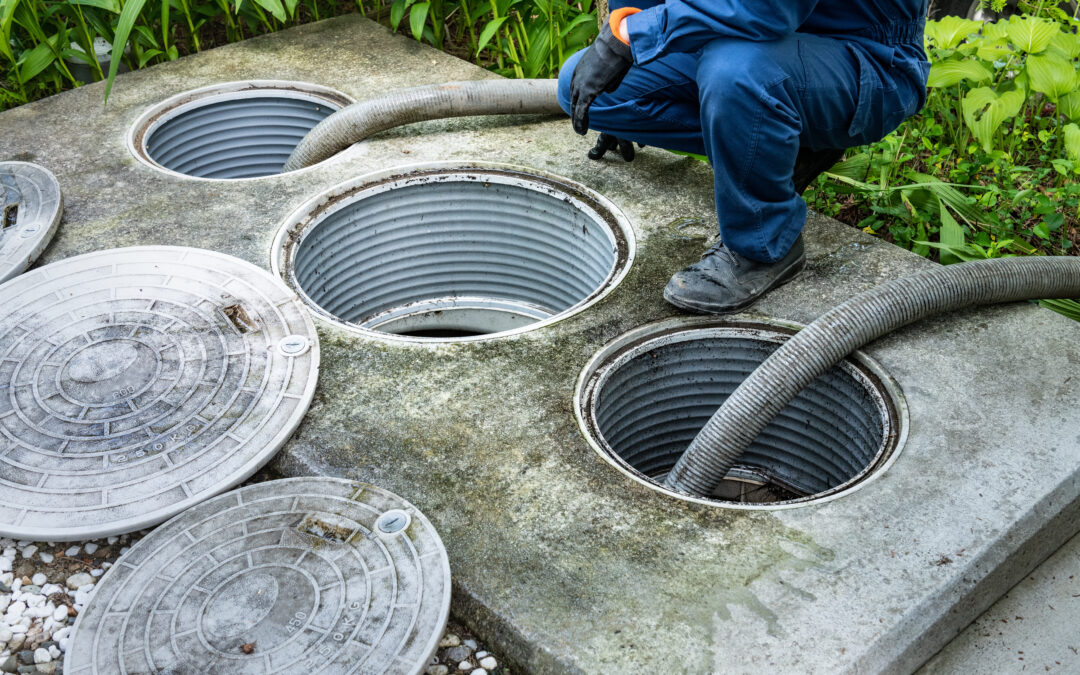Not too long ago, a biofertilizer customer came to me frantically and explained, “I need to grow 7 strains of Bacillus in 3 weeks because it’s planting season and I can’t miss this year’s season.” I felt sorry for him, yet I had no choice but to say: “I’m sorry, but we cannot help you. Your timelines just aren’t realistic.” This exact interaction has happened more times than I care to remember. Trust me, I understand how big the opportunities are, especially with row crops like corn, soybeans, and wheat, and it truly pains me not to be able to help. Nevertheless, the size of the market and opportunity doesn’t magically reduce the time needed to optimize the microbial strains.
Down the road he went, hoping to find someone who would say yes to his impractical timeline. He found someone who would take his money, but they too were unable to deliver. I would later come to find out that both his product and company didn’t make it. I wish we could have done more; if only they had involved us earlier! We find customers will spend years on strain development to only flush it all down the drain by giving their fermentation manufacturer a few weeks to deliver on a multitude of strains.
So, I will plant the seed with you now: start early with your custom fermentation partner. Involve them right away when choosing your biopesticide or biofertilizer strains and allow them time to scale your product efficiently and economically. We can save you years of turmoil and potentially your business, but we need time!
In addition to including your fermentation partner early, it is important to evaluate if you have certain factors or limitations that will extend your scale up timelines. Here are four of the most common factors that often get forgotten.
- Difficult species. Some species are harder to grow than others and may take extra time to figure out.
- Unrealistic pricing limitations. We often learn that people have had their product produced overseas, with poor purity or quality control, and ask us to produce it with higher standards for the same low price. It takes time to overcome these types of cost limitations.
- Having your “Own Process.” Some companies will figure out in advance how to grow their strain and come to us with an exacting Standard Operating Procedure. Please understand that your methods are often not a fit for our equipment and can lead to a lower yield. This approach rarely ever works out well. So, be open to a modified process, or it will be difficult to find the right manufacturer.
- Media limitations. If you need a high yield, but require GMO-free, allergen-free, meat-free, dairy-free, you might find yourself “High Yield-Free.” With stricter media requirements, more time is needed to optimize.
To put it briefly: we need time to scale-up your product, ensure purity, and create economic feasibility. We grow strains one at a time here at MDG, so multiple strains will require additional focus of strain optimization resources. The more limitations you have, the more time we will need. MDG can do great things for you, but I want to plant a seed with you…
Start with us early!
Consider us a partner early on in your process and let us amaze you with what we can do! From spore to sales, we want to be YOUR partner.









